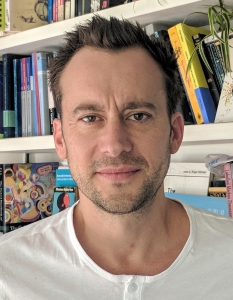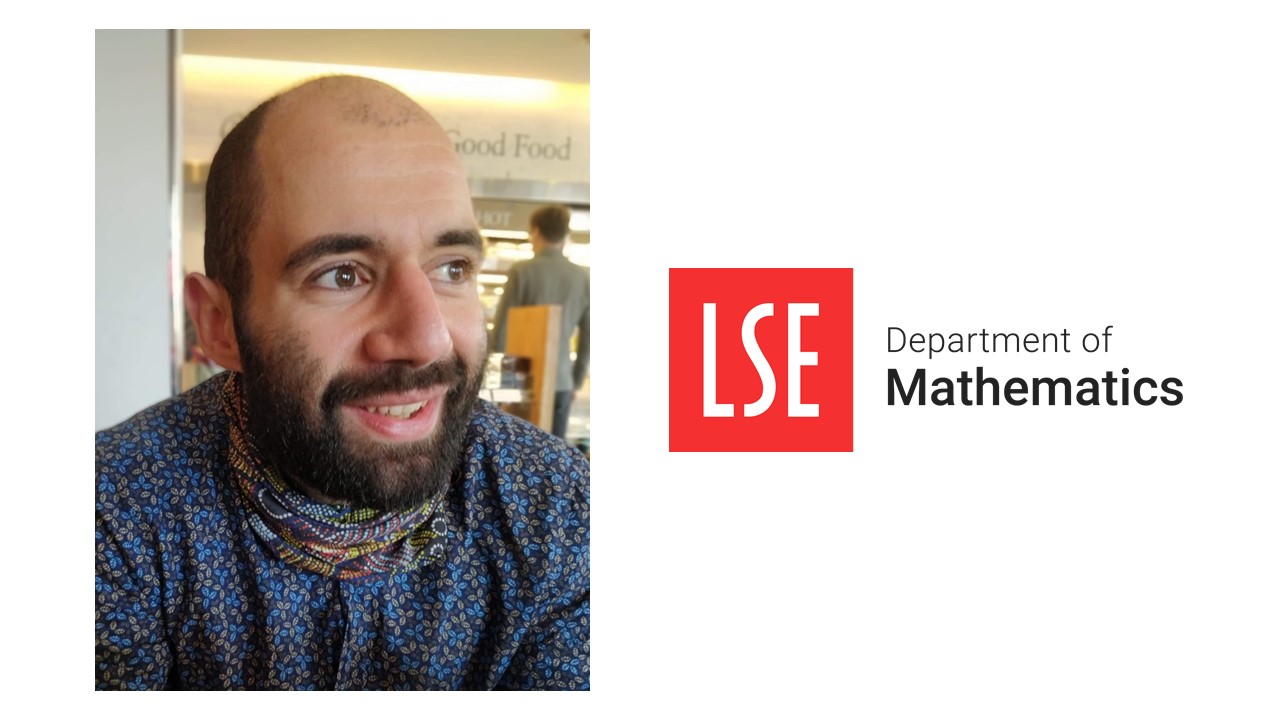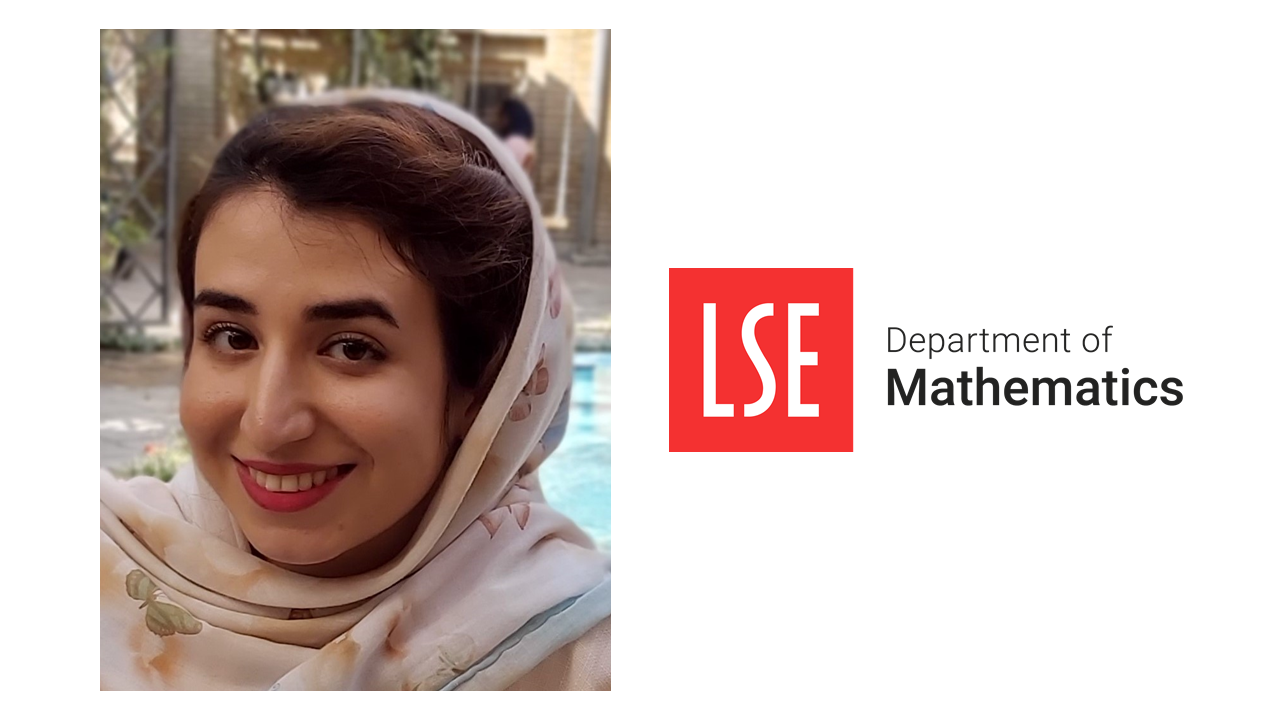 In this new series of blogs, we find out more about the academics here in the Department of Mathematics, what their research interests are and their favourite part of being at LSE.
In this new series of blogs, we find out more about the academics here in the Department of Mathematics, what their research interests are and their favourite part of being at LSE.
For this post we chat with Prof Andrew Lewis-Pye, who is an Associate Professor in the Department and launched the Maths@LSE blog in 2015.
How long have you been here at LSE?
I came in the summer of 2013, and have been loving it here ever since! Prior to coming to the LSE I had a Royal Society University Research Fellowship at the University Leeds, and before that a Marie-Curie Fellowship at the University of Siena.
In layman’s terms, what are your main fields of research/interest?
I work in a number of areas. A lot of my research has been in Computability Theory, which is normally classified as part of Mathematical Logic. Roughly speaking, researchers in Computability Theory are concerned with the limits of computation — what computers can and cannot achieve, what the “incomputable universe” looks like. Then I’ve also been doing lots of work in Complex Systems, which has manifested in research in Statistical Mechanics, Theoretical Population Biology and Network Science.
Most recently my work in this area has led to investigations in cryptocurrencies. That’s an interesting area to work in because it’s so new, and while there are lots of excellent academics getting into it, most people developing the ideas at this point are in industry.
How did you first become interested in this area?
What drew me into Computability Theory in the first place was Godel’s Theorems. There just seemed to be something so profound about a mathematical theorem which speaks to fundamental limits on what one can expect to achieve. I found that idea rather beautiful. Later on I became drawn to work also on matters with immediate societal impact. That’s partly what attracts me to the recent work in cryptocurrencies.
What are your favourite courses to teach, or favourite part of teaching those courses?
Ha… I’m teaching two courses at the moment, and if I pick a favourite then it will look bad for the students of the other course! I’m teaching Coding and Cryptography, and also the Mathematics of Networks, which is a relatively new course which I introduced a couple of years ago. The best part of teaching has to be when students get excited by the subject matter and want to pursue ideas further.
What is the best part of being at LSE?
One of the nice things about the maths department here from my perspective is the strong algorithmic flavour to a lot of the research that people do. I’ve always existed somewhere on the boundary between maths and computer science, and this is a nice department in that sense — there are quite a few of us who could be in computer science departments. The fact that it’s also quite a small department probably helps it remain friendly, and I’ve always been impressed with how democratically things are run around here. Of course being in London is another major motivation for being here.





